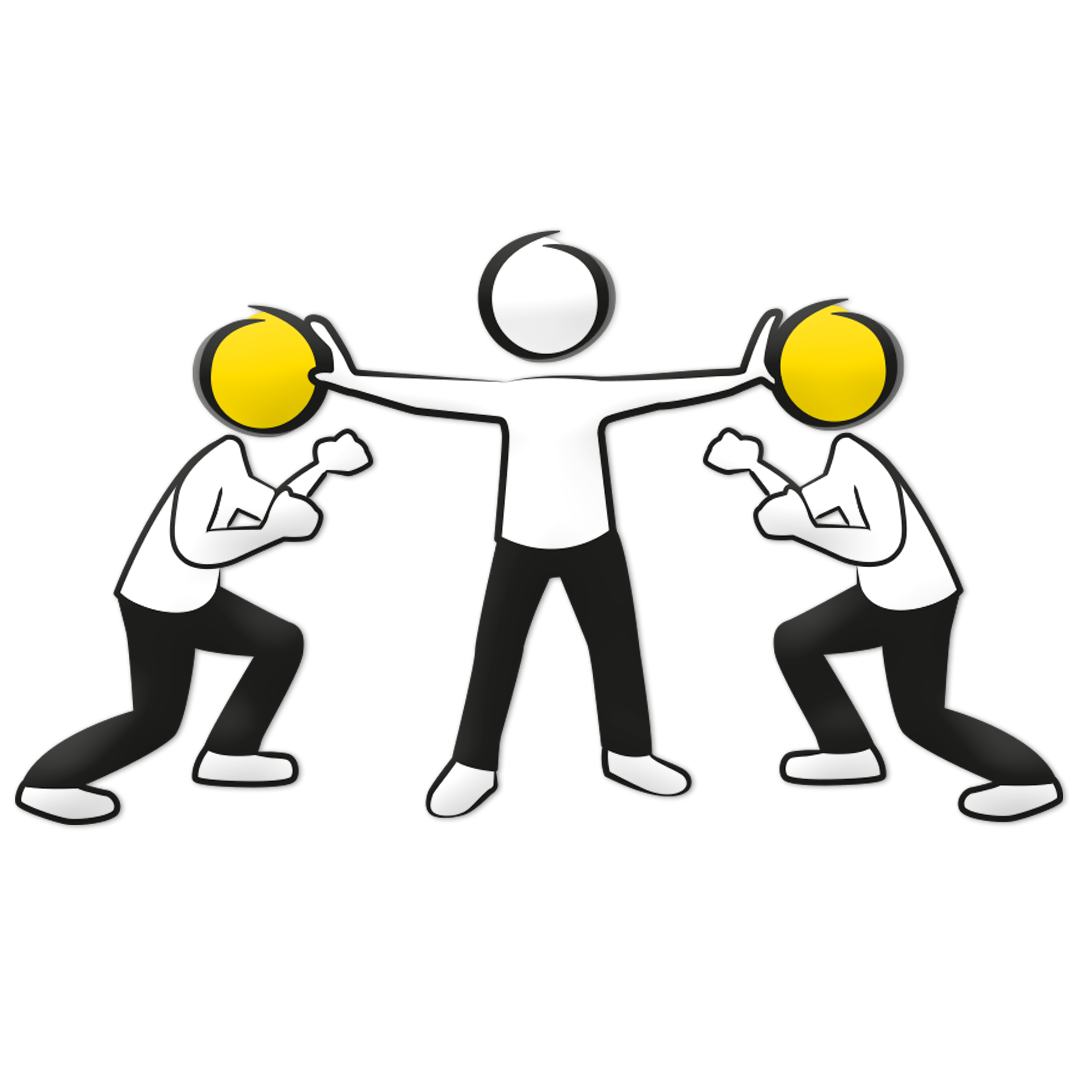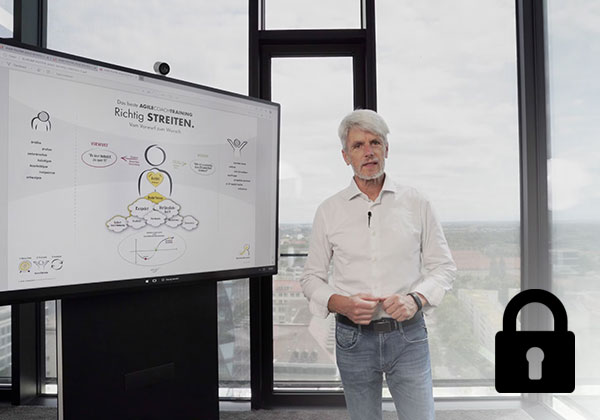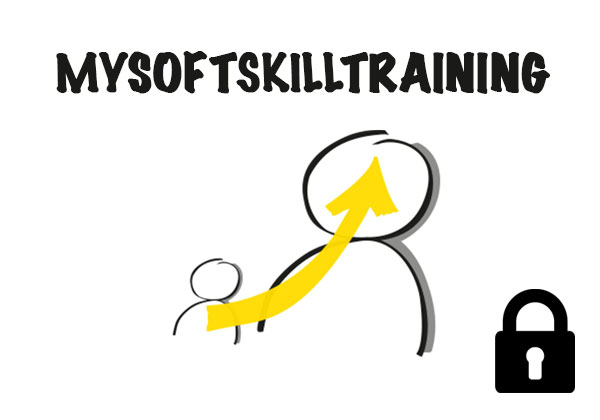DISPUTE Correctly.
1. Clarify feelings.
“You are always late!!!”
What feeling comes up for you when such an accusation is thrown at you?
Anger, Sadness, Powerlessness, or Shame?
Please choose the feeling that you feel the strongest right now.
– TARGET Correctly


DISPUTE Correctly.
2. Recognize needs.
Let’s assume your strongest emotional reaction to the accusation, “You are always late!” is, for example, anger. Then the next question would be: Which need, deep inside you, triggered this anger?
Typical needs might be, for example, respect, reliability, autonomy, freedom, harmony, acceptance, and safety.
Which of these needs resonates with you the most? Let’s assume it’s autonomy. Then it might be that the statement, “You are always late!” has subconsciously infringed upon your need for freedom and autonomy. And that, in turn, might be why it provoked anger in you.
– By the way, you wouldn’t be alone in this :-).
– DISPUTE Correctly
DISPUTE Correctly.
3. Strengthen the relationship.
This depth, from the accusation through your feelings to your needs and values, has currently occupied you so much that it has prevented you from responding with a counter-accusation. That is already progress!
What would be an alternative interpretation of the sentence, “You are always late!” instead of seeing it as an accusation? Perhaps, it could mean that the other person considers your presence in the current meeting very important. Their need for reliability and security was disturbed when you arrived late. Primarily, it might be an expression of their appreciation of your competence and character! This reframes the sentence, “You are always late!” not as an accusation, but rather as a somewhat awkwardly expressed appreciation.
Now there’s no longer any reason for an argument.
– DISPUTE Correctly

Book your training now:
Learning to DISPUTE Correctly requires practice.
It begins with your understanding and acceptance of the methodology. Our approach is based on the principles of nonviolent communication by Marshall B. Rosenberg.
Success comes when you can apply it in your daily life. This requires repetition and training.
The most effective feedback you give is to yourself. We provide guidance and ensure a safe environment for you.
Training with case studies has a particularly natural effect: we humans cannot truly pretend. A simulated situation is subconsciously perceived as real. Our feelings in training are just like those in real situations.
Let’s go! We look forward to seeing you:


